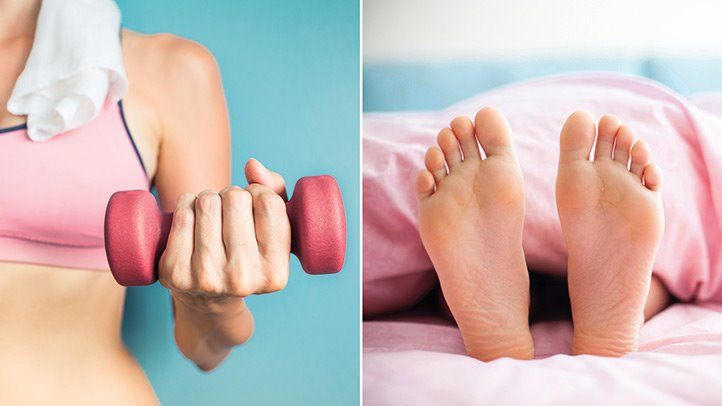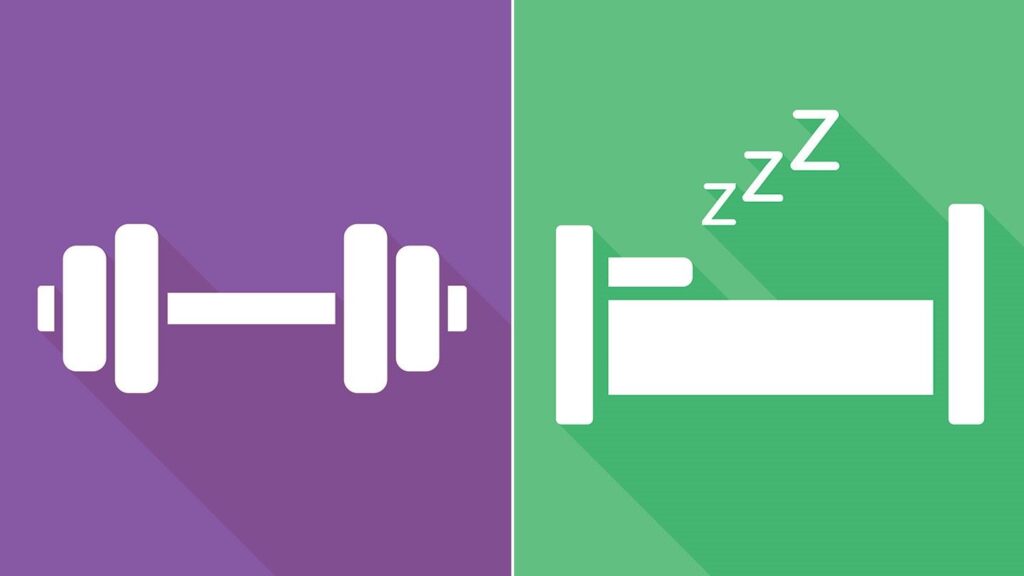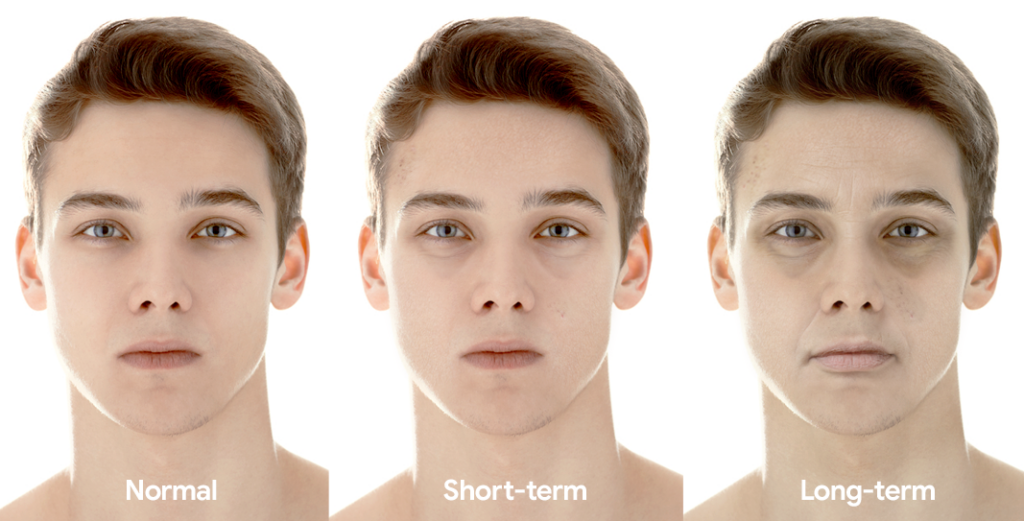Introduction
As we lace up our sneakers and hit the gym, we often focus on the number of reps, the miles run, or the calories burned. But there’s a silent partner in our fitness journey that doesn’t always get the attention it deserves: sleep. This article will explore the symbiotic relationship between sleep and fitness, highlighting how rest is not just a passive break but an active phase of your workout regime. So, grab a comfortable seat (but don’t get too cozy just yet), and let’s dive into the world of zzz’s and their impact on your fitness goals.

The Essential Role of Sleep in Fitness
Imagine your body is like a smartphone. Exercise depletes your battery, and sleep is the charger. Without adequate sleep, you’re operating on low power mode – your performance isn’t optimal, and your apps (or muscles) don’t run as smoothly. During sleep, your body undergoes repair and recovery processes essential for muscle growth, tissue repair, and hormone regulation. It’s when the magic happens, turning your hard work into visible results.
Personal Story: A Runner’s Revelation
Take Sarah, a marathon runner, who once believed that more miles always meant better performance. It wasn’t until she hit a plateau and faced recurring injuries that she considered her rest periods seriously. By prioritizing sleep, not only did her times improve, but she also found herself more energized and motivated. Her personal bests are now bedtime stories of their own.

Best Sleep Practices for Athletes
To harness the full potential of sleep, consider these tips:
- Consistency is Key: Stick to a sleep schedule. Going to bed and waking up at the same time every day sets your internal clock for better quality rest.
- Create a Restful Environment: A cool, dark, and quiet bedroom is a haven for good sleep. Consider blackout curtains, earplugs, or white noise machines if necessary.
- Wind Down Wisely: Develop a pre-sleep routine that calms the mind and body. This could include reading, meditation, or light stretching.
- Watch Your Diet: Avoid heavy meals, caffeine, and alcohol close to bedtime. These can disrupt sleep patterns and decrease sleep quality.
- Nap Strategically: Short naps (20-30 minutes) can be beneficial, especially for athletes with early morning or late-night training sessions.

The Dark Side of Sleep Deprivation
Skipping on sleep can be as detrimental to your workout as skipping the gym altogether. Sleep deprivation can lead to decreased aerobic endurance, longer recovery times, and a higher risk of injuries. It also affects cognitive functions, which can decrease motivation and increase the perception of effort during exercise.
The Science Speaks Volumes
Studies have shown that even a single night of inadequate sleep can result in a significant decrease in performance. The effects accumulate over time, meaning consistent poor sleep can lead to a significant decrease in overall fitness levels.
Closing Thoughts and Your Stories
In conclusion, sleep is not the enemy of productivity; it’s the unsung hero of peak performance. By respecting and optimizing our sleep, we set the stage for our best possible workouts and the best possible versions of ourselves.
Now, I’d love to hear from you. How has sleep (or the lack thereof) affected your fitness journey? Share your stories in the comments below, and let’s continue the conversation about the sleep-fitness connection. Your experience could be the key that helps another reader unlock their full potential. Let’s rest up and rise together!

Leave a Reply